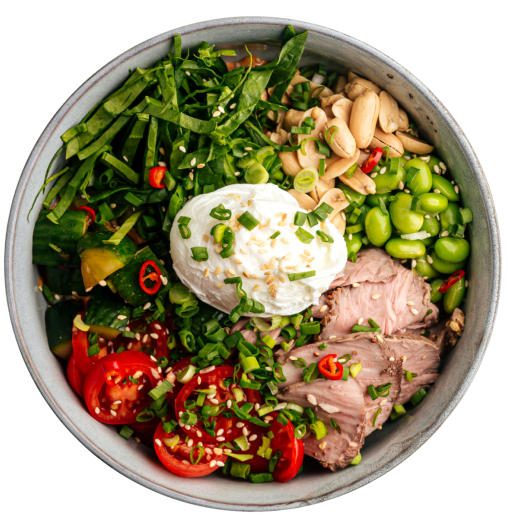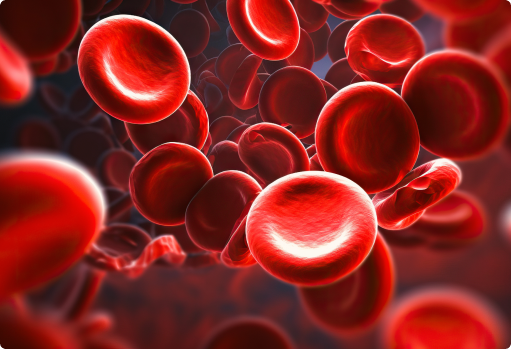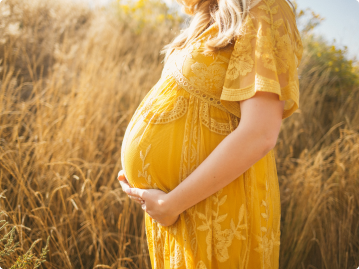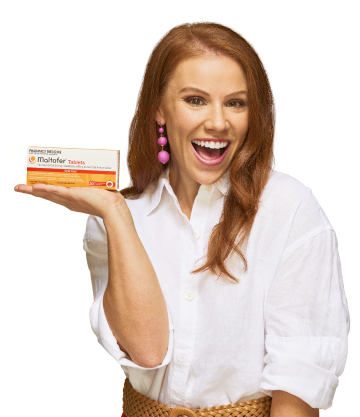This means you need to get iron from the food you eat.


Iron is one of the body’s essential nutrients, which is absorbed from the foods we eat. Iron is required for normal cell and organ function, as it carries oxygen around the body via haemoglobin found in red blood cells.

As you eliminate potentially harmful things from your diet, it’s crucial not to overlook the importance of incorporating essential nutrients your body and baby require. What you put into your body suddenly has greater significance – and for good reason.
No, they are not. When taking an iron supplement, it is important to check the amount of elemental iron per dose. Many supplements containing iron have only small amounts of elemental iron per dose, often less than 24mg. These are often dietary supplements and are not intended for the treatment of iron deficiency.
If your iron causes constipation, try Maltofer. Maltofer contains 100mg of elemental iron per dose, in the form of iron polymaltose which provides an adequate amount of iron to treat iron deficiency when taken as directed. Be sure to check if your current iron supplement is delivering enough elemental iron for your needs.
Maltofer is used for the treatment of iron deficiency in adults and adolescents (ages 12 years and over) and it is also used for the prevention of iron deficiency in high-risk adults and adolescents. Maltofer can be used where the use of ferrous iron supplements is not tolerated or otherwise inappropriate.
Iron deficiency occurs when the body cannot absorb enough iron to replenish what is lost by the body. This can be due to a diet that doesn’t contain enough iron-rich foods or from a number of health conditions.
Iron is an important nutrient for your physical and mental health and for keeping your energy levels up. It is also needed to keep your immune system healthy, aiding your ability to fight off infections.
Active ingredients:
- Maltofer Tablets: 100mg iron as 370mg iron polymaltose
- Maltofer Syrup: 100mg iron/10mL as 370mg iron polymaltose
Other ingredients:
- Maltofer Tablets: crospovidone, hydroxypropyl cellulose, hypromellose, iron oxide red, iron oxide yellow, macrogol 6000, magnesium stearate, cellulose – microcrystalline and titanium dioxide
- Maltofer Syrup: cream flavour, ethanol, methyl hydroxybenzoate, propyl hydroxybenzoate, water-purified, sodium hydroxide, sorbitol solution (70%) non-crystallising, and sucrose.
Dosage:
You should always take Maltofer exactly as your medical practitioner or pharmacist has instructed. Consult with them if you are unsure.
For treatment of iron deficiency in adults and adolescents (aged 12 years and over), take 1-2 tablets or 10-20mL of syrup (100-200mg iron) daily, preferably with food.
For prevention of iron deficiency in high-risk adults and adolescents (aged 12 years and over), take 1 tablet or 10mL of syrup (100mg iron) daily, preferably with food.
Higher doses may be taken as directed by your medical practitioner.
Yes, Maltofer is suitable for vegans and vegetarians as it contains no ingredients of animal origin.
Maltofer is lactose free, gluten free, dairy free, soy free and yeast free.





